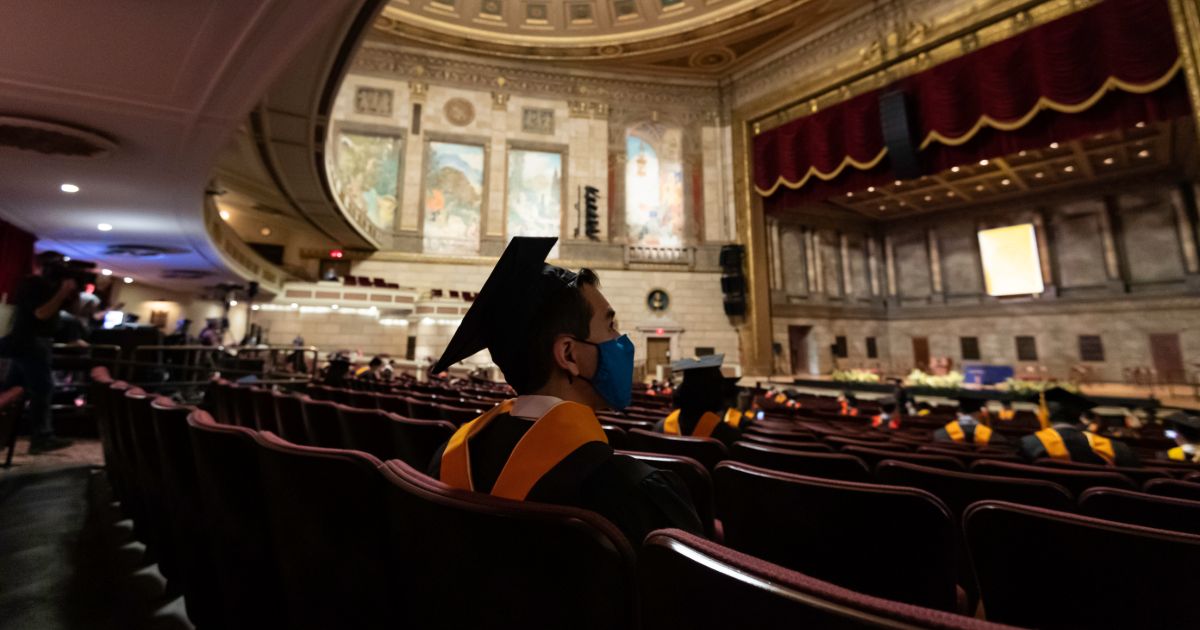Master’s Program in Computer Science

The master’s program offers students a high level of flexibility. Students may focus on one area of computer science, or take courses across the breadth of the field. The degree may be completed on a full-time or part-time basis.
For students with an undergraduate degree in computer science or a closely related field, the requirements can usually be completed over the course of three semesters.
We welcome applications from students who did not major in computer science but whose undergraduate work demonstrates strong technical skills.
This program is for students who intend to complete their studies at the University of Rochester with an MS degree. Students with an undergraduate degree who wish to get their PhD in computer science at Rochester should apply directly to the PhD program.
For application and financial support information see the applying to Rochester page.
Program Requirements
Students must complete a minimum of 30 credits. Of these credits:
- All courses must be 400/500-level courses.
- Up to six hours can be from research credits, supervised by a faculty member.
- Up to ten credits can be from one or two credit courses.
Students must maintain a GPA of 3.0 by the end of their second semester and throughout the rest of their time in the program. To graduate, a comprehensive examination (or essay) - typically given the semester before graduation - must also be passed.
Some students may need to take one or more 100- or 200-level prerequisite courses. These courses are not counted toward the 30 credit requirement and are typically taken by students who do not have an undergraduate degree in computer science.
Courses offered by departments other than computer science but that are relevant to the degree may be included in the 30 hours, subject to approval of the graduate education committee. In any case, at least 18 hours of the 30 must be courses offered by the Department of Computer Science.
View CS Graduate Courses Here
